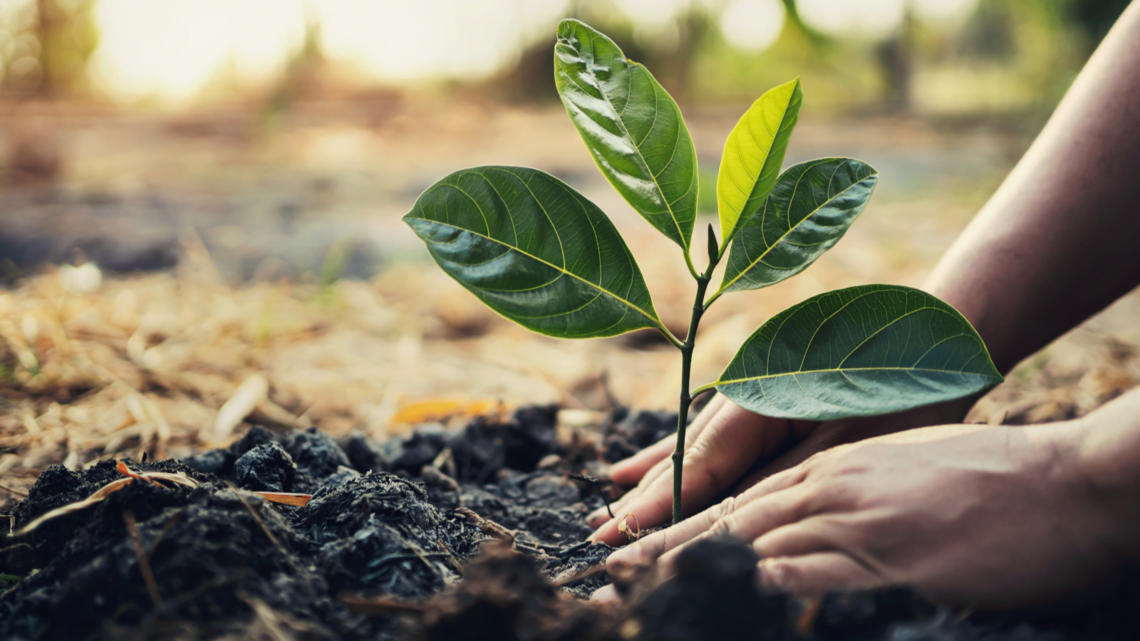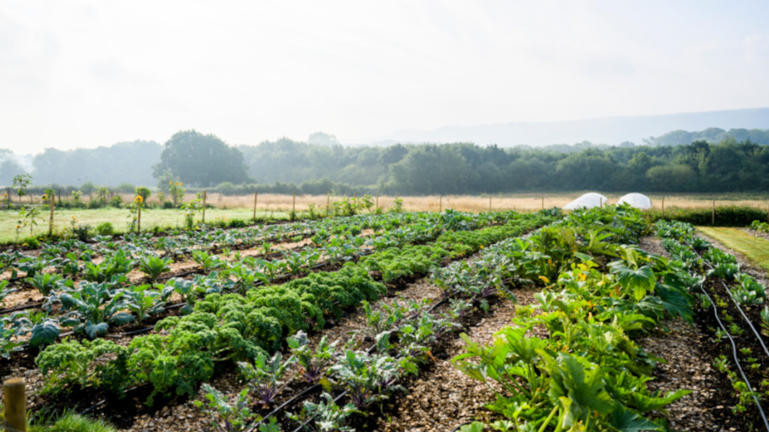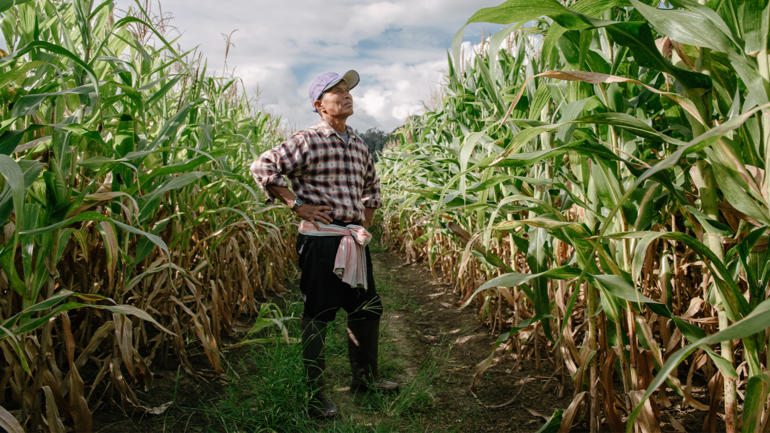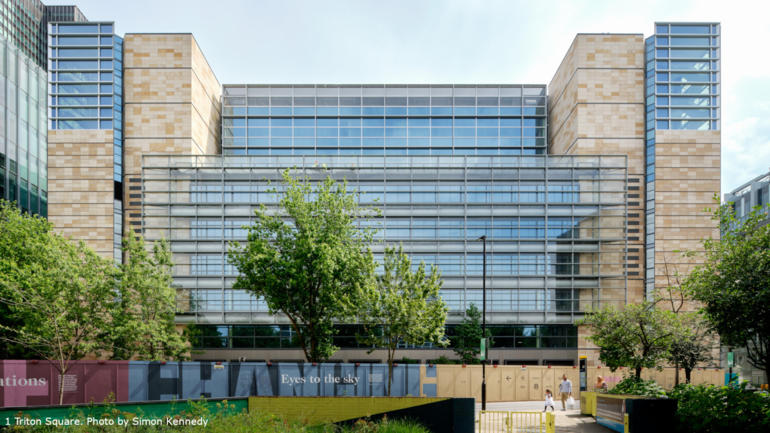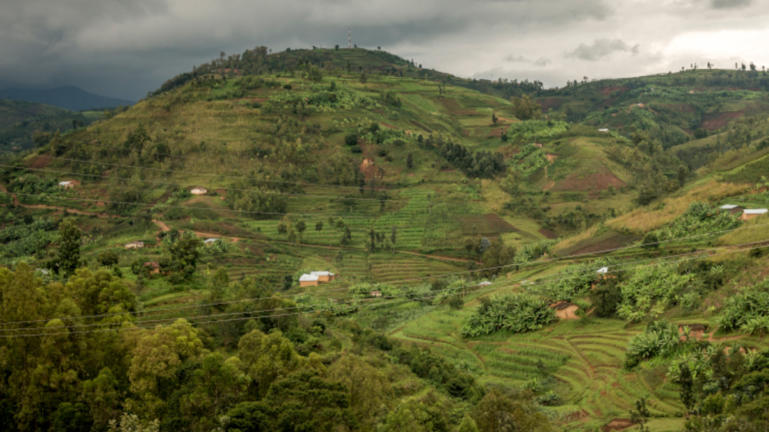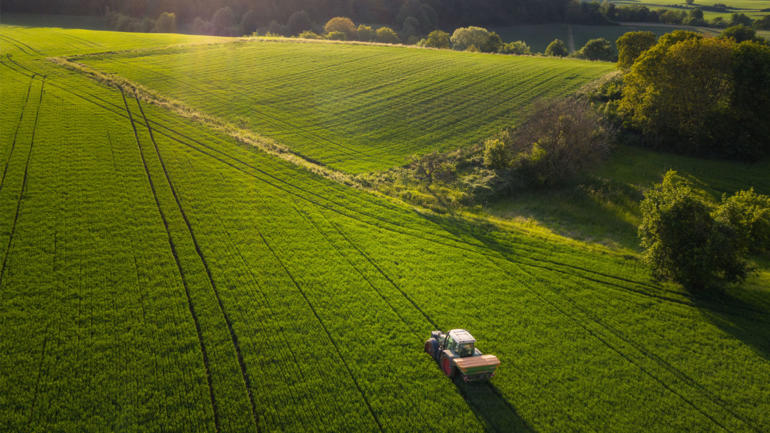Geneva, 6 December 2021 – Today, the World Business Council for Sustainable Development’s (WBCSD) Soil Investment Hub (SIH), launched The “Soil Investment Guidance Report”. Investing in soil has returns and benefits to companies, helps achieve productivity, business continuity through resilience, helps companies to meet corporate targets and net zero emissions, zero land conversion and safeguard biodiversity.
The SIH Report aims to support food and agriculture companies to invest in impactful, high-value, and long-term solutions for healthy soils along their supply chains and beyond. It identifies 13 investment mechanisms that have distinct connection to material impacts and types of financial, environmental, and social returns.
The SIH has mobilized business and other key stakeholders throughout 2021 to advocate for increasing and accelerating soil health investments. Scientists, farm associations and farmers, academia, civil society and key business representatives convened regularly to drive progress through monthly ‘Friends of Soil Health Dialogues’.
Our food system is essential to addressing three global challenges the world faces today – the climate emergency, loss of nature and mounting inequality. A central part of the food system is the natural resource that is soil. Healthy soil is a critical driver of the UN Sustainable Development Goals, supporting climate adaptation and mitigation, contributing to biodiversity, food security, as well as resilient and equitable livelihoods. We cannot achieve a 1.5-degree pathway without healthy soils.
Going forward, the SIH continue developing business guidance to mainstream investments into soil health across corporate investment processes. A toolkit will follow in 2022 to help business monitor and report on the impact of their soil investments. WBCSD calls for business to elevate soil health commitments and work collaboratively to enable and scale sustainable soil agricultural practices.
Hanneke Faber, President of Foods & Refreshments, Unilever highlighted that “Soil health is essential for humankind. Without healthy soils, we cannot produce enough food for everybody on this planet. Healthy soil is essential to support thriving communities, economies, and natural ecosystems. We look forward to continue working with farmers, and suppliers to make sure we protect the soil today, tomorrow and for generations to come.”
Wiebe Draijer, CEO of Rabobank Group added that “Rabobank feel deeply committed to help make the shift in the food systems happen. We need to find ways to incentivize farmers to become the heroes of the change, and to help them to store carbon in their crops, soils, and fields. Let's work together to shape the incentives for farmers so that they became the hero of the changes that lies ahead".
Alex Bell, CEO of Agoro Carbon Alliance, Yara International highlighted that “We are working to protect and restore our planet’s soil, while making it an essential part of the solution to our common climate challenge. At Agoro, we work to scale and accelerate this transition to regenerative farming through agronomic support and financial incentives to make sure that farmers have everything they need to lead this transition to healthier soils, more profitable farms, and less greenhouse gases”.
Tony Siantonas, Director of Scaling Positive Agriculture, WBCSD added that “Soils are a natural asset at the heart of our food system, providing incredible returns for people, planet and business. But land degradation still causes billions in lost earnings each year and harms the delivery of critical ecosystem services. We urge companies to radically scale, channel and maximize the robustness of investments based on science and best-practice standards for healthy soils. The aim of the Soil Investment Hub is to offer a space to share and collectively identify challenges and seek solutions together – and we’re excited to continue driving this movement forward.”

